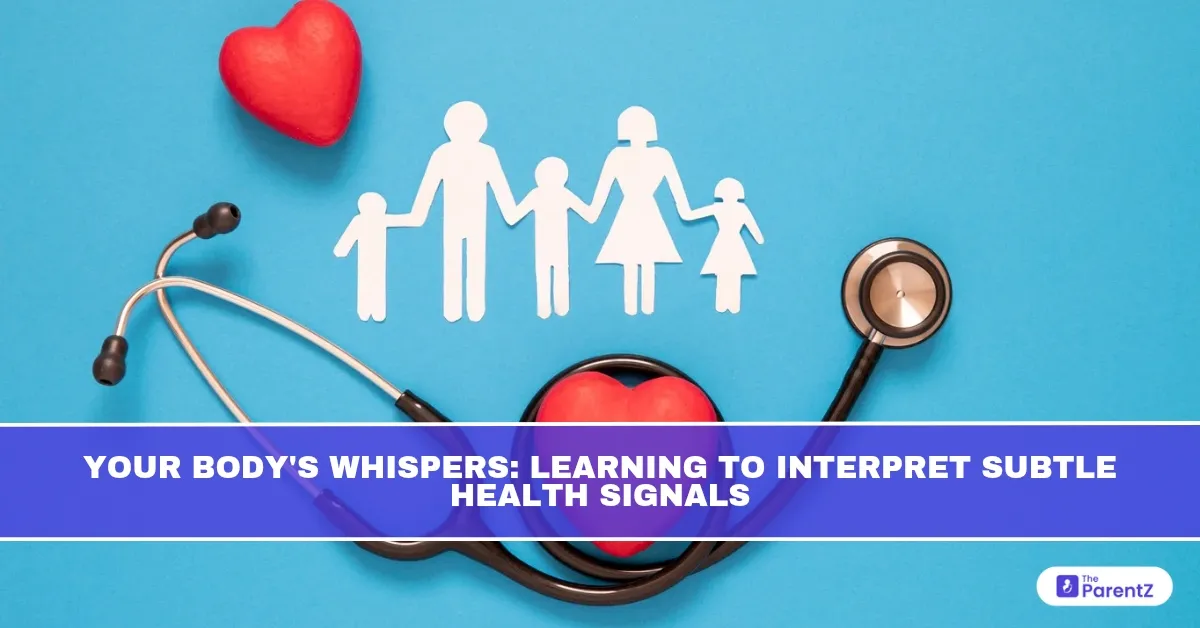In our fast-paced lives, we often wait for our bodies to scream before we listen when pain becomes unbearable, exhaustion turns into burnout, or a minor symptom spirals into a diagnosis.
The Science Behind Subtle Symptoms
The human body is an intricately connected system designed to maintain balance, or homeostasis. When this balance is disturbed, the body begins to compensate quietly at first. Fatigue, slight dizziness, changes in skin tone, fluctuations in appetite, sleep disturbances, and recurring mild discomforts are often early indicators that deserve attention.
For example:
- Persistent fatigue might hint at thyroid imbalance, anemia, or even mental health concerns like depression.
- Frequent headaches could be linked to dehydration, vision problems, or even hormonal fluctuations.
- Mild but frequent bloating may suggest food intolerances, gut dysbiosis, or irritable bowel syndrome (IBS).
- Changes in skin—like dryness, itchiness, or discolouration can signal underlying conditions ranging from eczema to liver dysfunction.
Why We Ignore the Whispers
Modern life encourages us to power through discomfort. The hustle culture praises productivity over pause. We dismiss symptoms as stress-related, blame our diets, or chalk it up to poor sleep. While sometimes those are the causes, ignoring patterns can delay the discovery of root issues.
Additionally, the lack of education about body literacy, knowing what’s normal versus what isn’t, contributes to this oversight. Many people normalize chronic fatigue, bloating, or period irregularities without realizing these may be treatable signs of underlying issues.
How to Listen Actively to Your Body
- Practice Body Awareness: Take a few minutes each day to mentally scan your body. How do you feel physically and emotionally? What feels off?
- Keep a Symptom Diary: Track energy levels, sleep quality, digestion, skin changes, and mood over time. This can help uncover patterns and triggers.
- Understand Your Baseline: Knowing what’s normal for your body, your resting heart rate, menstrual cycle patterns, appetite, etc., makes it easier to spot deviations.
- Seek Professional Guidance Early: Don’t wait for symptoms to worsen. Early consultations, routine blood work, and preventive check-ups can reveal a lot.
- Cultivate Mindfulness: Practices like yoga, meditation, or even mindful walking increase awareness of internal sensations and can improve your connection to your body.
The Power of Prevention
Intervening early can prevent minor health issues from developing into chronic conditions. For instance, identifying insulin resistance early through subtle symptoms like midsection weight gain and brain fog can prevent diabetes. Catching nutrient deficiencies when fatigue or hair loss first begins can prevent more serious metabolic complications.
Conclusion
Your body is not working against you; it’s communicating with you. Those whispers, though soft, are important. They are nudges toward rest, nourishment, healing, and balance. The more you learn to listen, the more empowered you become to protect your health.
Don’t wait for a scream. Listen to the whisper.








Be the first one to comment on this story.